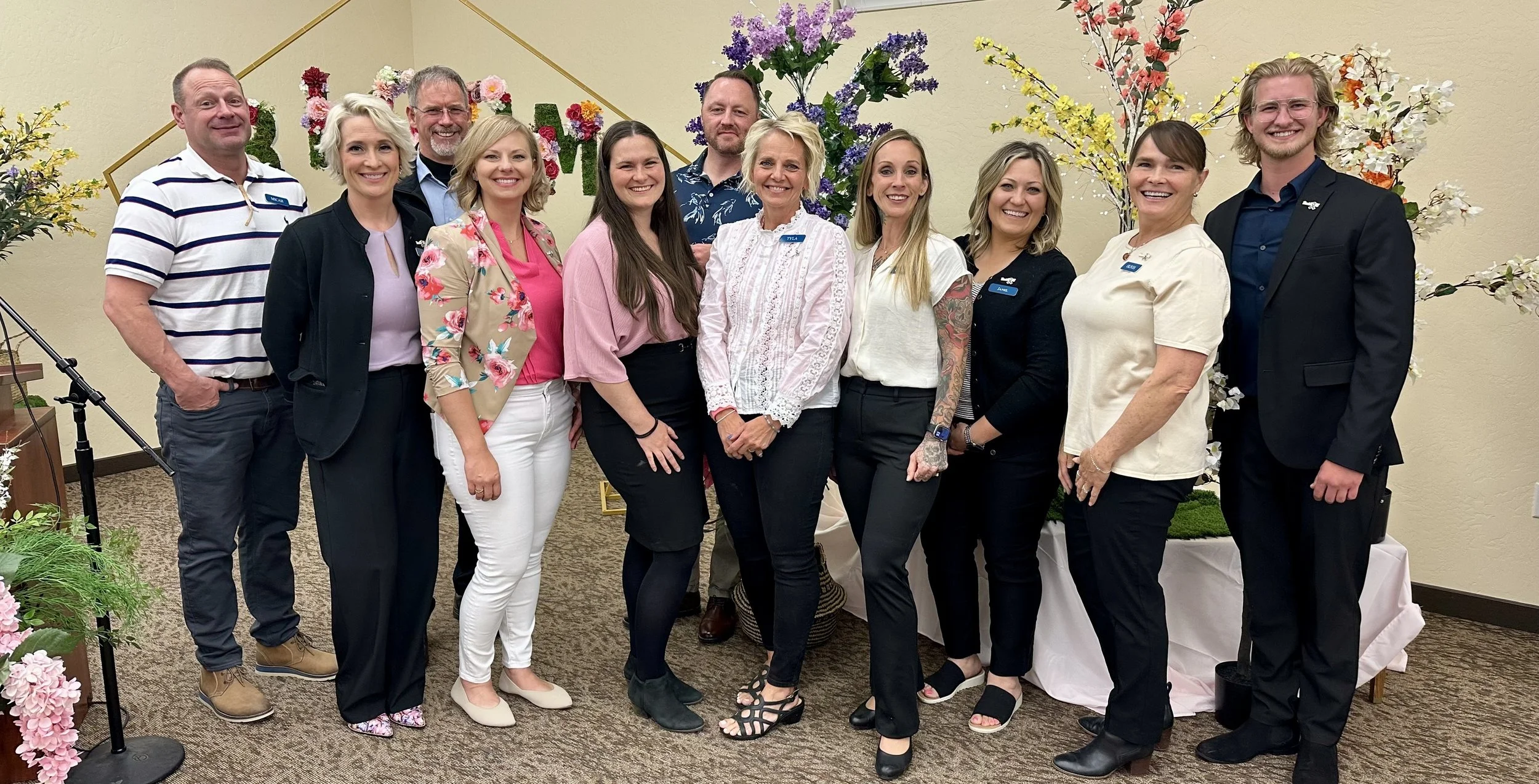🎉 Celebrating the First-Ever National TMS Therapy Awareness Day – May 14th! 🎉
The team at Delta Healing Solutions
Today marks the inaugural National TMS Therapy Awareness Day, a new observance to raise awareness about an innovative, life-changing treatment for depression, anxiety, and OCD: Transcranial Magnetic Stimulation (TMS).
If you or someone you love has struggled to find relief from depression with traditional treatments like medication or talk therapy, you’re not alone—and you’re not out of options. TMS offers hope for a brighter future.
What Is TMS Therapy?
Transcranial Magnetic Stimulation (TMS) is a non-drug, non-invasive procedure that uses targeted magnetic pulses to stimulate underactive areas of the brain associated with mood regulation. At our clinic, we offer NeuroStar® Advanced TMS Therapy, a trusted and widely studied form of TMS treatment.
TMS by the Numbers
💜 FDA-cleared since 2008 for adults with Major Depressive Disorder (MDD) who haven’t found success with at least one antidepressant.
💜 Cleared for patients as young as 15 as of 2024—giving younger individuals new access to treatment at a critical time in life.
💜 Over 7 million treatments administered across the U.S.*
💜 In a real-world outcomes study, 83% of NeuroStar patients experienced a measurable reduction in depression symptoms, and 62% achieved full remission.†
💜 TMS has fewer side effects compared to traditional antidepressants—most commonly, temporary mild discomfort at the treatment site.
💜 Covered by most commercial insurance plans, Medicare, and Tricare.
Who Can Benefit from TMS Therapy?
TMS is FDA-cleared for adults and adolescents 15 and older, making it a valuable treatment option across a wide range of age groups, including:
Teens 15–17 struggling with treatment-resistant depression—especially those who don’t respond well to medication.
Young adults and college students experiencing persistent depressive symptoms during high-stress life transitions.
Adults and seniors who are managing depression, anxiety, or OCD with limited success through traditional methods.
Because TMS is non-systemic (meaning it doesn’t enter the bloodstream), it avoids many of the side effects often associated with antidepressant medications, such as weight gain, fatigue, or sexual dysfunction—making it especially helpful for people who are sensitive to medications or want to avoid long-term pharmacological treatments.
Why Awareness Matters
Mental health is not one-size-fits-all, and TMS represents a powerful option that too few people know about. By raising awareness on this day, we aim to educate, empower, and support those still searching for answers.
📞 Book a FREE consultation and see if NeuroStar TMS is right for you or your loved one. Hope starts with a conversation.
For full safety and prescribing information, visit NeuroStar.com.
*Data on file. Neuronetics, Inc. 2025.
†Sackeim HA, et al. Journal of Affective Disorders. 2020;277:65–74.

